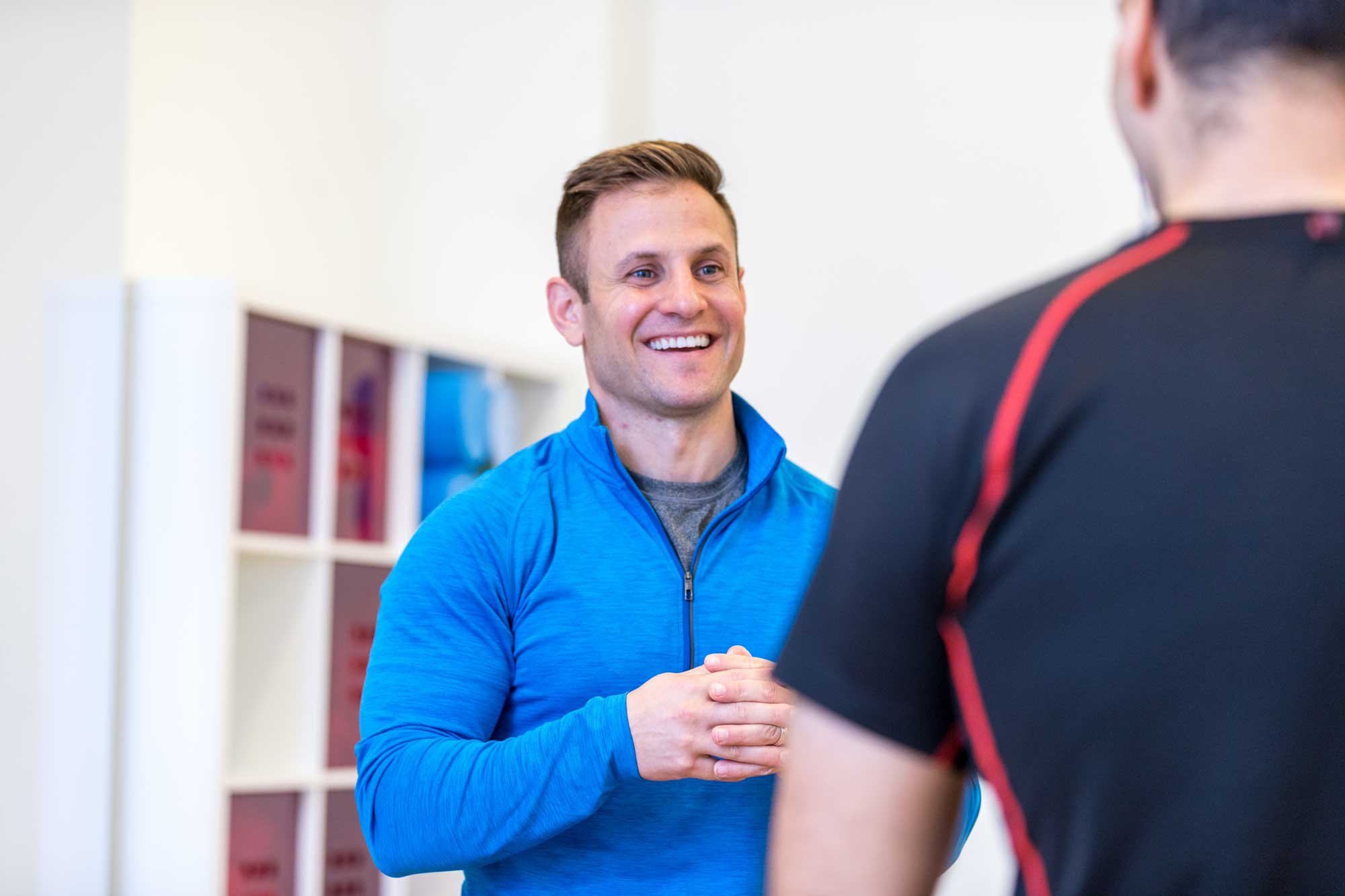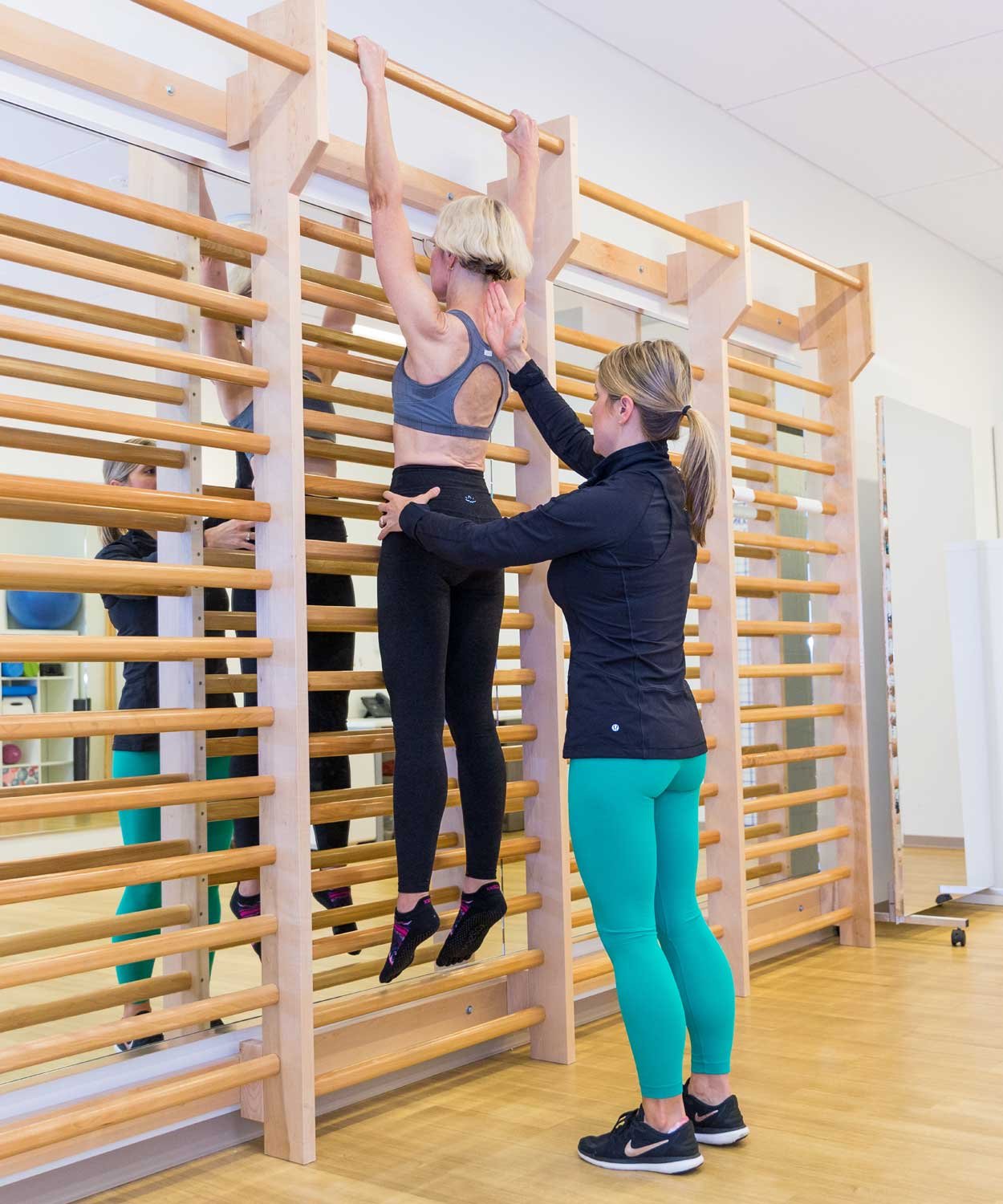
SCOLIOSIS AND SPINE SPECIALISTS
Personalized care using the Schroth Method
Train your muscles, core, and breath to bring harmony to your spine.

Treating scoliosis, kyphosis and spinal disorders in Washington DC, Northern Virginia, Maryland & Beyond
TWO CLINIC LOCATIONS IN NORTHERN VIRGINIA
Fairfax, VA
FALLS CHURCH, VA
Customized Treatment for All
Patient treatment time varies depending on the complexity of the curve, symptoms, and medical history; some need more sessions, and some need less than the average.
-
Pre-Teens/Teens (Ages 10-19)
Average treatment takes 6–12 weekly sessions.
-
Adults
Average treatment takes 8–12 weekly sessions.
-
Seniors/Post Menopause
Average treatment takes 8–12 weekly sessions.
-
Schroth Intensive
3–5 days intensive plan for those not local to the DC area.
-
Pre and Post-Scoliosis Surgery
Average treatment takes 8–12 weekly sessions.
-
Neuromuscular Scoliosis
Average treatment takes 3–6 weekly sessions.


We're dedicated physical therapists passionate about treating people with scoliosis, kyphosis and other spinal disorders.
Conditions Treated

The Schroth Method
The Schroth Method is a powerful form of physical therapy that treats scoliosis at any age. This non-surgical treatment helps to de-rotate, elongate and stabilize the spine, improving spinal balance and overall function.
Our highly-personalized treatment program is tailored to your specific curve pattern and individual physical abilities and activities.
We're one of only a few practices in the Mid-Atlantic area using the Schroth Method to treat scoliosis.
We work closely with National Scoliosis Center and local physicians to provide our patients with the most comprehensive treatment available.

Real Stories
Hear how the Schroth Method helped them make real progress on their scoliosis journey.
Carter’s Story: How a teen with scoliosis reduced her curve by more than half with the Schroth Method
Sophie’s Story: How an adult with scoliosis deepened her understanding of her condition and learned how to care for her spine with an Intensive Schroth experience
Before and After
-

Before
Male, Age 14
R Thoracic Scoliosis
Standing Posture at Rest -

After
With Active Schroth Postural Correction
-

Before
Female, Age 55
R Thoracolumbar Scoliosis
Sitting Posture at Rest -

After
With Active Schroth Postural Correction
-

Before
Female, Age 14
L Thoracic Scoliosis
Sitting Posture at Rest -

After
With Active Schroth Postural Correction
-

Before
Female, Age 14
L Thoracic Scoliosis
Posture at Rest -

After
Posture at Rest
After 3 Months of Schroth PT


Meet Eric and Caroline Campesi
Dr.'s Eric and Caroline Campesi, DPT, have been physical therapists for over a decade and are specially trained in the Schroth-Barcelona Institute Method for treating scoliosis.
Their mission is to help you feel better and improve your core strength, mobility and overall quality of life.
What Our Clients Say

Ask us about Additional treatments offered:
-
Utilizing small, thin needles to both activate dormant muscle tissue as well as release hypertonic muscles.
-
The use of suction to distract tissue, increasing blood flow to improve healing and mobility.
-
Soft and Deep Tissue Mobilization. Hands-on techniques intended to release tightness, trigger points, and restrictions in the muscles and fascia.
-
A thorough assessment will determine if there are shortened muscles in the body that are contributing to the patient’s diagnosis. We provide both assisted stretching, as well as instruction on how to properly stretch at home.
-
The body can become deconditioned for a variety of reasons: due to pain, surgery, or a sedentary lifestyle. The importance of core, hip, and back strength can not be understated for those with scoliosis or spinal diagnoses.
-
In contrast, to exercise performed purely for fitness, therapeutic exercise isolates a particular muscle group that is weak or dysfunctional.
-
Stiffness in the joints can be addressed by applying graded pressure to the joint surface.
-
Put simply, re-training the brain, as well as the brain-to-muscle pathways. Visual, tactile, and verbal cueing is used to accomplish neurological re-education.
-
Our ability to balance declines with age. This natural decline is accelerated with scoliosis, kyphosis, and other spinal conditions, due to a shifting center of mass. We, therefore, stress the importance of balance training as part of spinal rehabilitation, in order to prevent falls.





